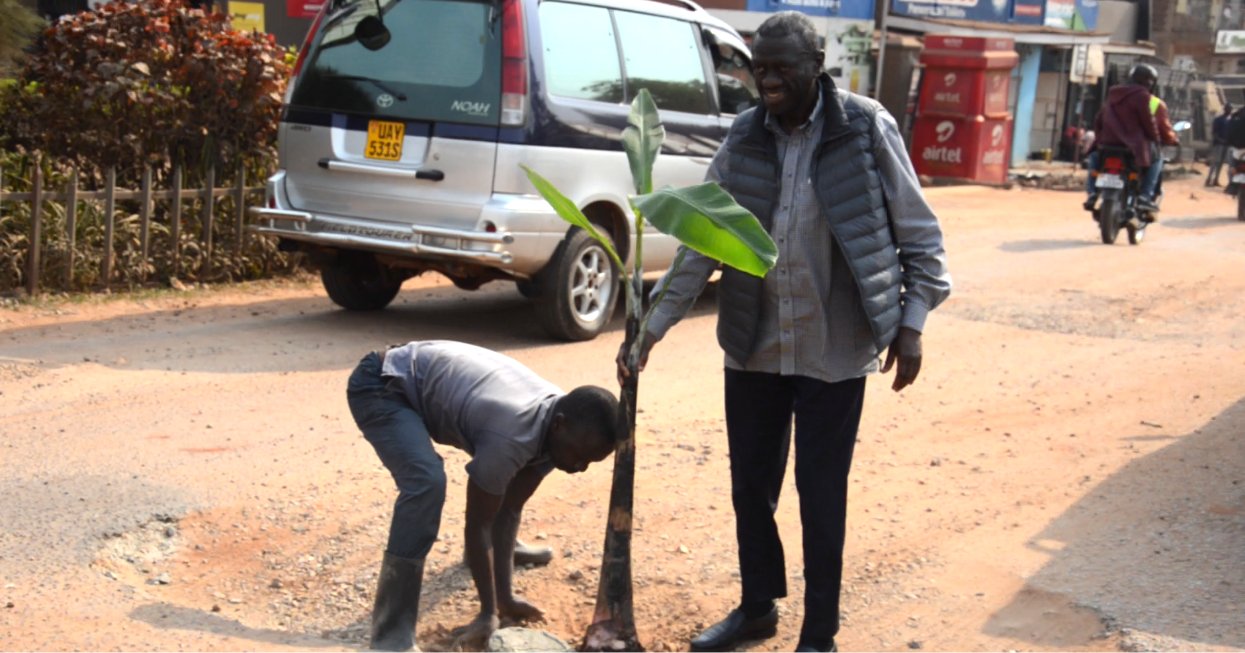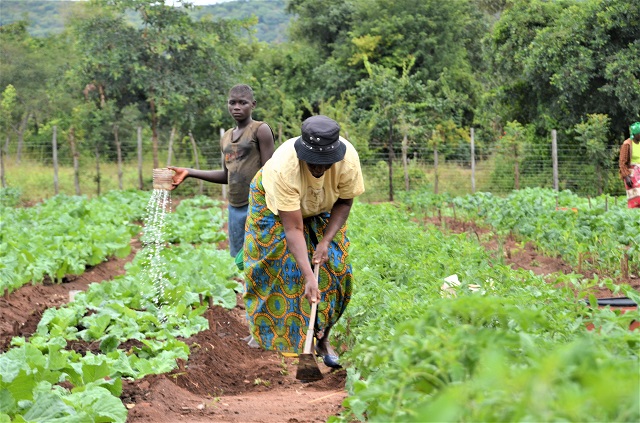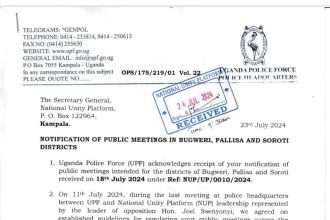(Kampala) – Political and human rights activist Dr. Kizza Besigye has raised concerns about the state of Uganda’s coffee industry, claiming that the majority of the lucrative segments of the market are controlled by foreigners and the ruling family. In a recent statement, he criticized President Museveni and his brother Saleh for what he describes as their monopolization of Uganda’s agricultural transformation, particularly in coffee and dairy sectors.
Besigye argued that while the ruling government has promoted agricultural initiatives, the real profits from coffee production, including processing and marketing, are predominantly in the hands of foreign investors or individuals linked to the Museveni family. He noted that local farmers are relegated to simply growing coffee and selling it at prices set by others, reflecting a situation reminiscent of the colonial era when Ugandans had little control over their agricultural products.
In his critique, Besigye refered to a recent increase in coffee prices due to drought conditions in Brazil and typhoons in Vietnam. He warnsedthat this price surge should not obscure the deeper issues within the coffee industry, suggesting that Ugandans must remain vigilant and aware of the challenges they face. He urged citizens to “smell the coffee” and recognize the reality of their circumstances.
Besigye asserted that meaningful change in the coffee sector will only come with what he terms a “second liberation.” He believes that for farmers to regain control over their livelihoods and benefit more significantly from coffee production, they must advocate for reforms that prioritize local ownership and sustainable practices.
He emphasized the need for an inclusive, transformative, and sustainable coffee industry, which can be achieved through concerted efforts to re-establish local control over coffee production.
To illustrate the current state of Uganda’s coffee export market, data reveals a significant concentration of market share among a few exporting companies. The following table provides a breakdown of the leading coffee exporters and their respective market shares as of September 2024:
| Exporting Company | Robusta (Bags) | Arabica (Bags) | Total (Bags) | Percentage Market Share |
|---|---|---|---|---|
| Total | 504,576 | 27,636 | 532,212 | 100.00 |
| Olam Uganda Ltd | 59,020 | 2,822 | 61, 842 | 16.73 |
| Ugacof (U) Ltd | 87,781 | 1,280 | 89,061 | 11.35 |
| Kyagalanyi Coffee Ltd | 53,405 | 7,447 | 60,852 | 11.43 |
| Touton Uganda Limited | 40,924 | 1,400 | 42,324 | 7.95 |
| Louis Dreyfus Company (U) Ltd | 28,525 | – | 28,525 | 5.36 |
| Ibero (U) Ltd | 27,060 | 960 | 28,020 | 5.26 |
| Ideal Quality Commodities Ltd | 24,554 | 1,804 | 26,358 | 4.95 |
| Export Trading Company (U) Ltd | 24,505 | – | 24,505 | 4.60 |
| Kawacom (U) Ltd | 21,914 | 2,158 | 24,072 | 4.52 |
| Drk General Merchants Ltd | 18,304 | – | 18,304 | 3.44 |
| Jkcc General Supplies Ltd | 17,517 | – | 17,517 | 3.29 |
| Jber Coffee Ltd | 16,988 | – | 16,988 | 3.19 |
| Grainpulse Ltd | 9,630 | – | 9,630 | 1.81 |
| Darley Investments Ltd | 5,882 | 1,002 | 6,884 | 1.29 |
| Rezlex Investment Ltd | 5,881 | 668 | 6,549 | 1.23 |
| Besmark Coffee Company Limited | 5,640 | – | 5,640 | 1.06 |
| Abbarci Industries Limited | 4,485 | – | 4,485 | 0.84 |
| Sukuma Commodities Limited | 3,643 | 20 | 3,663 | 0.69 |
| Kaweri Coffee Plantation | 3,648 | – | 3,648 | 0.69 |
| Agri Evolve | 334 | 3,080 | 3,414 | 0.64 |
| Ankole Coffee Producers Coop Union Ltd | 3,374 | – | 3,374 | 0.63 |
| Sena Indo Uganda Limited | 3,124 | – | 3,124 | 0.59 |
| Nucafe | 2,950 | – | 2,950 | 0.55 |
| Agri Exim Limited | 2,672 | – | 2,672 | 0.50 |
| Coffee World Ltd | 2,334 | – | 2,334 | 0.44 |
| Rubanga Cooperative Society Ltd | 2,268 | – | 2,268 | 0.43 |
| Discovery Trading Limited | 2,140 | – | 2,140 | 0.40 |
This data indicates that a small number of companies dominate Uganda’s coffee export market, raising concerns about competition and the ability of local farmers to negotiate fair prices for their products. Kizza-Besigye’s comments serve as a rallying call for Ugandans to push for reforms that would empower local farmers and enhance their participation in the coffee value chain.




















